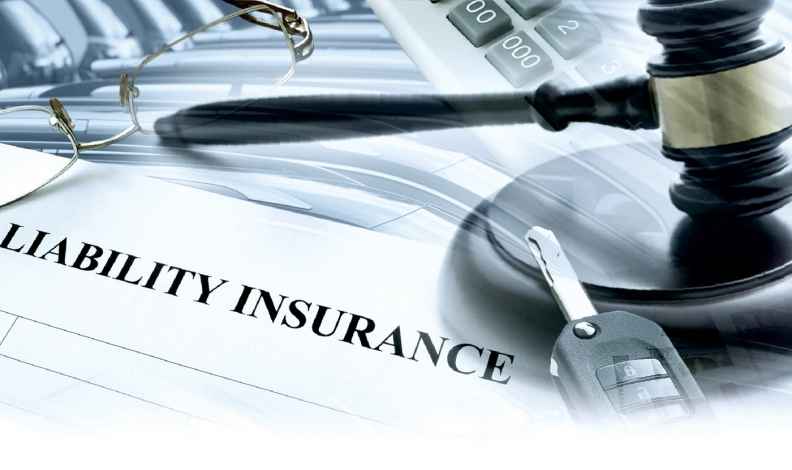
Four years ago, Jonathan Elmore was driving his 1996 Chevrolet Cavalier to deliver newspapers when he ran a stop sign. He pulled in front of another car at an intersection, killing himself and his passenger, Craig Armstrong.
Who should be held liable? The dealership that sold the car at an auction six months earlier, Armstrong's estate claimed.
Armstrong's estate argued that Martin Dodge-Jeep-Chrysler in Bowling Green, Ky., should be held liable because it hadn't demanded proof of insurance from the auction house or the used-car store that bought the vehicle, a violation of Kentucky's requirement that dealers verify proof of insurance before handing over a vehicle. The dealership argued that the requirement didn't apply to wholesale transactions, only retail.
And because the retitling process wasn't properly followed, the vehicle was still titled in the dealership's name.
But this month, the Kentucky Supreme Court ruled that dealerships don't need to verify proof of liability insurance before releasing vehicles in dealer-to-dealer transactions such as auction sales.
The ruling came in a unanimous decision that Martin Dodge-Jeep-Chrysler and its insurer can't be held liable in a wrongful death suit involving the Cavalier that the store sold at auction, even though the dealership still had title when the wreck occurred.
